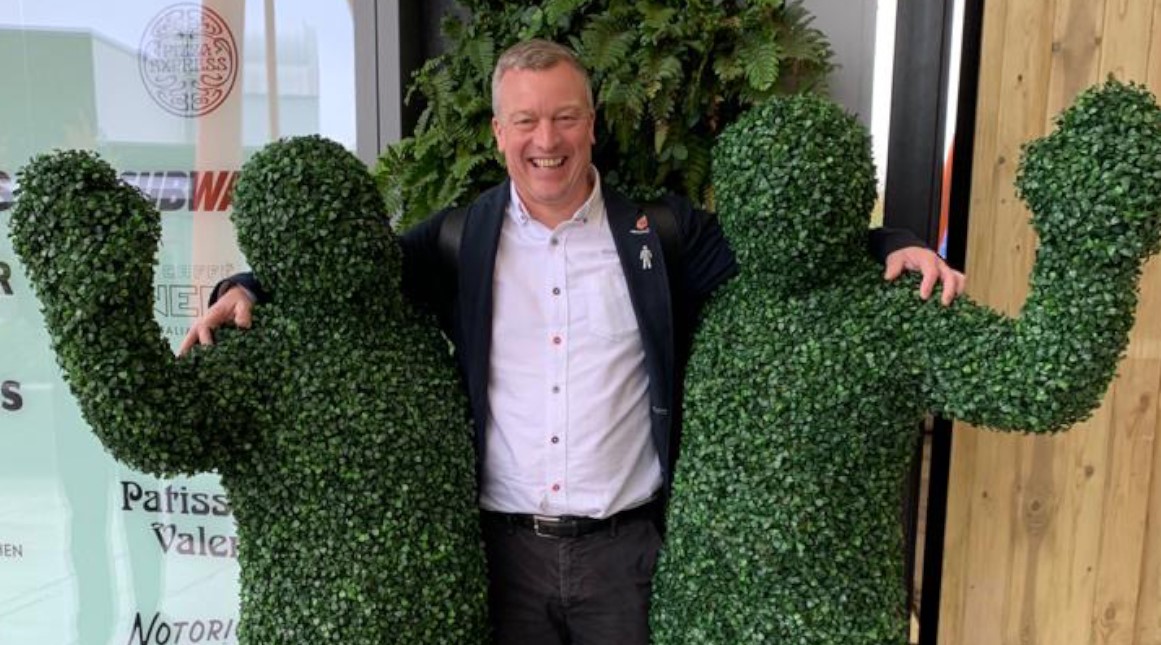
Thomas Palfreyman on the vital role of biophilia in the workplace
-
07 October 2020
Following a recent CPD session hosted by Urban Planters at Peldon Rose HQ, Urban Planters MD Thomas Palfreyman explores the importance and impact of biophilia on workplace design. Here are his thoughts, originally published in a guest feature on Peldon Rose’s website.
The rise of wellbeing-inspired biophilia
Without question, there has been a notable change over the last 10 years in how people understand and appreciate the need for biophilic design in the places they work, rest and play.
When Urban Planters started working in the commercial office sector over 50 years ago, only a minority of people viewed planting as an important part of the built environment, and even then it was only really appreciated for its visual impact and softening effect on office décor.
Fast-forward half a century, and wellbeing is the hot topic on the tip of the tongue of every building manager, developer, and occupier. Biophilic inclusion is even a key driver on many infrastructure projects as a result, we are even often engaged at the concept stage of new developments, designs, and refurbishments. This allows us to design truly integrated, thriving planting schemes which work as hard as possible to create healthier, more productive working environments.
Biophilic design results in 20% increase in productivity
Without doubt, the needs of the workforce are changing, and there is a shift in mindset, where design forefronts for people using the workspace rather than the furniture, fixtures, and fittings. This is where biophilia has an even more profound effect on contemporary workspaces; research has shown time and again that, thanks to the positive effects of reconnecting humans with natural views, successful biophilic design can increase productivity by up to 20% and at the same time reduce absenteeism by 15%, a return on investment that is difficult for any business to ignore.
The impact of Covid-19
Covid-19 may prove to be one of the most disruptive events the world has had to face.Despite its devastating effects, however, the virus has prompted an enhanced awareness of the importance of self-care and personal health. This in turn, has led to an increased appreciation of the importance of biophilia in creating healthier indoor spaces.
With more live planting, for example, oxygen levels improve, humidity increases, and airborne toxins are reduced, meaning we are breathing better air indoors. With expert help in creating plant-friendly environments, applying our right plant right place’ policy and creating more open areas, we can turn our indoor spaces into green and healthy environments , where people are happier, healthier and more productive.
Peldon Rose are firm believers that business owners have a responsibility to ensure the spaces their employees occupy include the essential components listed in Russell Glover’s wellbeing in the workplace feature for Mix Interiors. Russell, Head of Design at Peldon Rose, sets out a people-centric vision for workspaces which prioritises the wellbeing of individuals to create spaces which are safe, happy, healthy and fun, whilst being fit for business and respectful of the environment in every possible way.